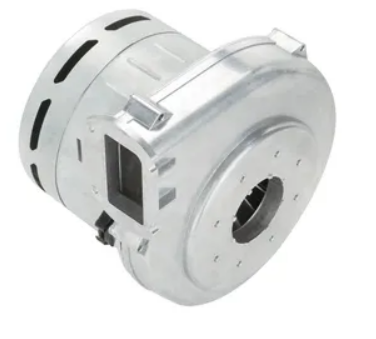Trends in the Future of Electric Vehicle (EV) Motor Controllers
- Baba Mulani
- Nov 15, 2022
- 2 min read

Motor controllers are an integral part of any electric vehicle (EV) because of the critical role they play in regulating the electric motor's output and maintaining the vehicle's optimal performance. As the market for EVs continues to grow, so does the sophistication of the technology used to control their motors.
One of the major trends in the future of EV motor controllers is the development of more advanced and sophisticated control algorithms. These algorithms allow the motor controller to optimize the performance of the electric motor by adjusting the power output and torque in real-time based on factors such as the vehicle's speed, acceleration, and load. This not only improves the efficiency of the vehicle, but it also helps to extend the range and improve the overall driving experience.
Another trend in the future of EV motor controllers is the development of more compact and lightweight designs. As EVs become increasingly popular, there is a growing demand for motor controllers that are smaller, lighter, and more efficient. This not only helps to improve the overall performance and range of the vehicle, but it also makes it easier to integrate the motor controller into the vehicle's design.
Other area of focus for the future of EV motor controllers is the development of more durable and reliable designs. As EVs become more widespread, there is a need for motor controllers that can withstand the rigors of daily use and provide long-term reliability. This may involve the use of advanced materials and manufacturing techniques to improve the durability and reliability of the motor controller.
In addition to these technical developments, the future of EV motor controllers is also being shaped by advances in power electronics. For example, the use of wide-bandgap semiconductors such as silicon carbide (SiC) and gallium nitride (GaN) is helping to improve the efficiency and performance of EV motor controllers. These materials have a higher breakdown voltage and can operate at higher temperatures, which makes them ideal for use in EV motor controllers.
Overall, the future of EV motor controllers looks bright, and it is likely that we will see significant advances in this technology in the coming years. As the demand for EVs continues to grow, the development of more advanced, efficient, and reliable EV motor controllers will be crucial to driving the adoption and widespread use of these vehicles.
